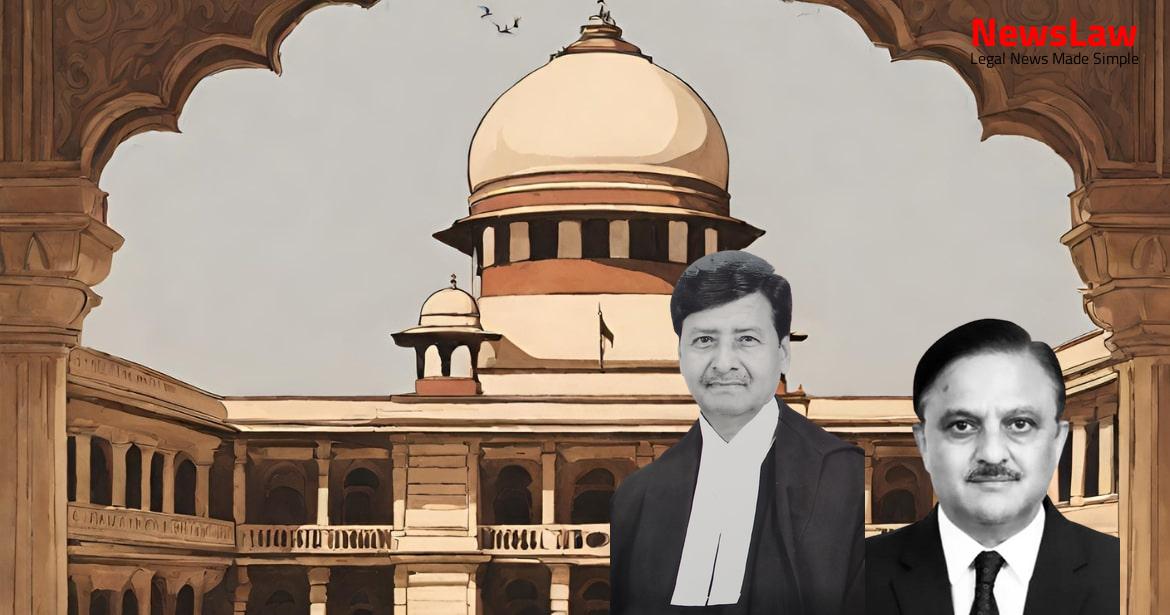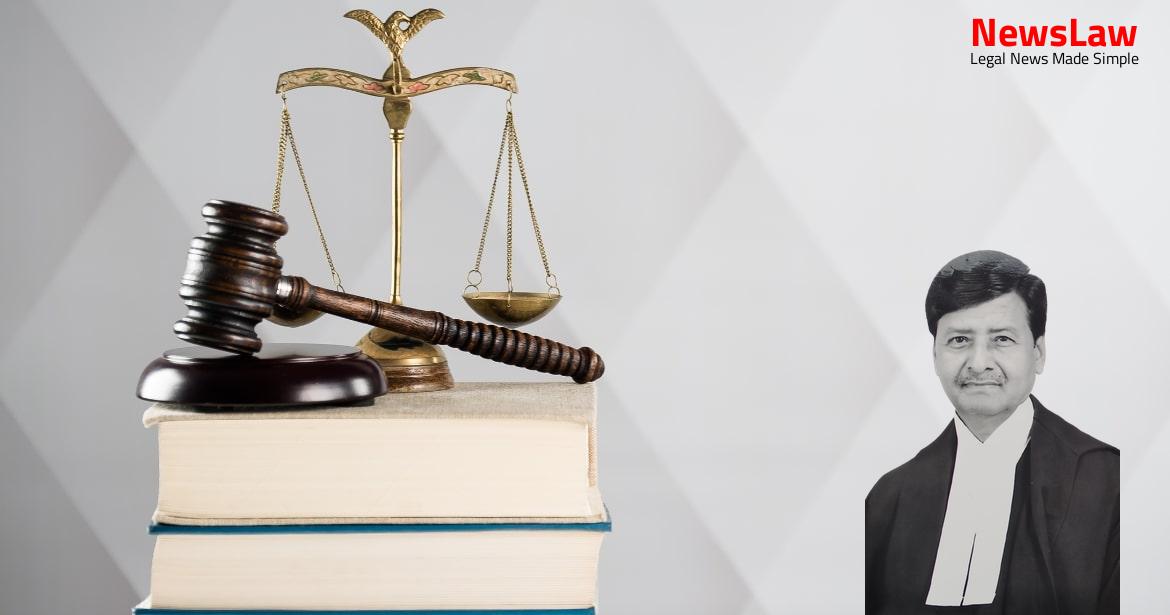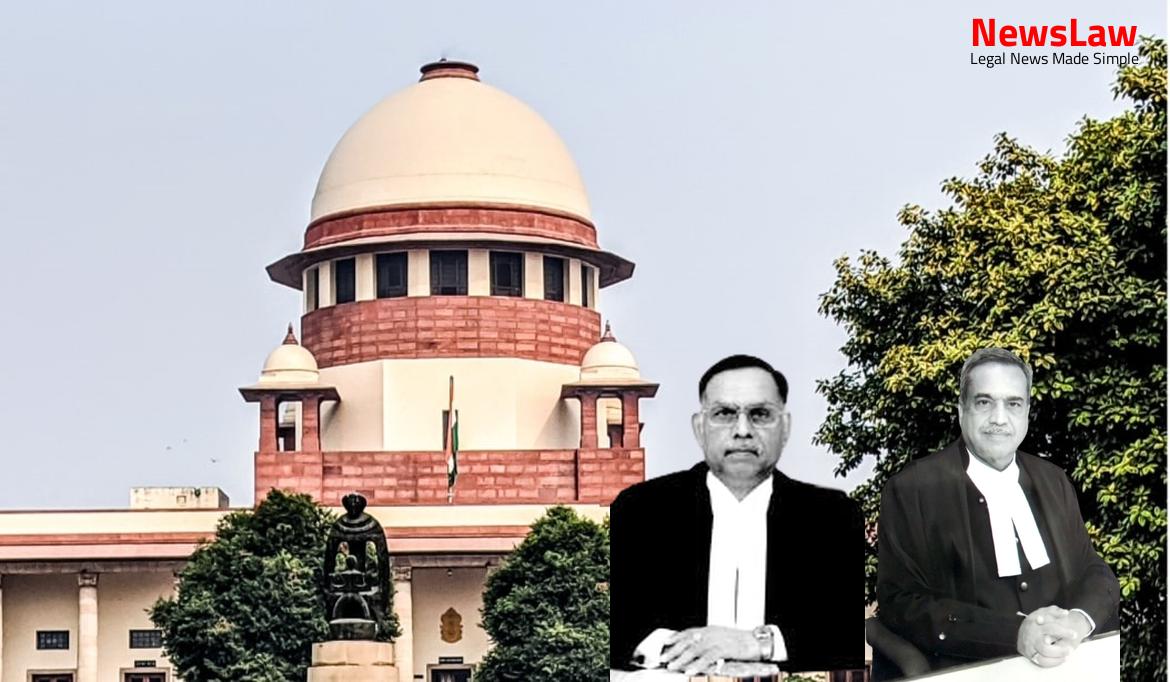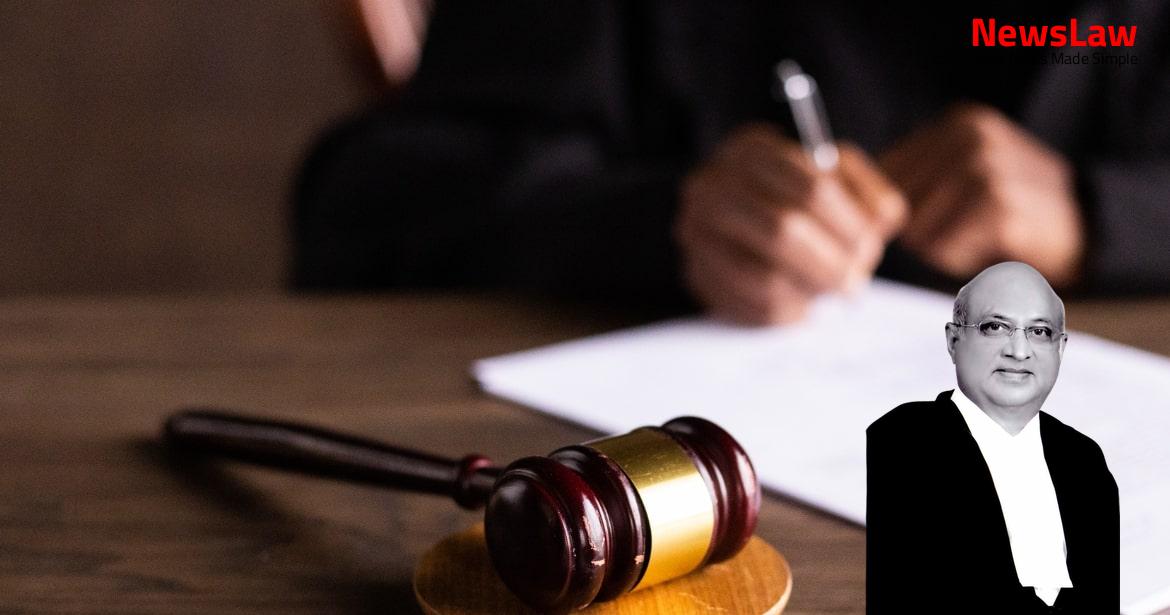In a recent legal case, the court delved into the analysis of substantive appointments in a Central University, shedding light on public employment terms and selection procedures. The judgment, with far-reaching implications, emphasizes the importance of following due process in appointments and the significance of being appointed against sanctioned posts. The ruling provides clarity on the rights of employees and the responsibilities of university authorities in ensuring fair and transparent recruitment practices.
Facts
- Fifty-eight teaching posts were created by the Executive Council before the conversion into a central university.
- The present appeals are filed by teachers who were substantively appointed through the selection process under the Uttar Pradesh State Universities Act, between 2004-2007.
- The teachers have served for 15-17 years and are concerned about their continuity in service due to a judgment by the Division Bench of the High Court of Uttarakhand dated 19 August, 2013, which is being challenged in these appeals.
- The Division Bench of the High Court dismissed the writ petition after considering the submissions made by the appellants collectively.
- The judgment and order dated 19 August 2013 was the subject matter of challenge in the present batch of appeals.
- The appellants collectively challenged the dismissal of the writ petition.
Also Read: Legal Case: Sentence Reduction in Non-Compoundable Offence
Arguments
- The respondents claim that the faculty members of the Department of Pharmaceutical Sciences are working against sanctioned posts as per AICTE/PCI norms.
- The faculty members were appointed in compliance with required qualifications and selection procedures.
- The University Grants Commission recommended treating the positions as filled according to both Act 1973 and Act 2009.
- The Department of Pharmaceutical Sciences was initially under a self-finance scheme as per Section 2(18) of Act 1973.
- Teaching posts were financed by the University despite being created with government approval.
- Appointments for Professor/Reader/Lecturer in the Department of Pharmacy were made on a contractual basis under the self-finance scheme.
- Government guidelines in 2000 prompted the University to adopt norms for self-financing courses.
- Faculty of pharmaceutical sciences was under the self-finance scheme with financial liabilities borne by the University.
- Appellants cannot choose their terms and conditions of service in public employment.
- Merely following procedure under Part VI does not guarantee substantive appointment.
- University converted into Central University under the Act 2009.
- Appointments to be made against sanctioned posts in the Department of Pharmaceutical Sciences as per Act 2009.
- Appellants had the opportunity to participate in selection process for Central University positions.
- Selections held in 2011 resulted in substantive appointments for those who participated.
- Appellants failed to participate, hence not entitled to relief sought in appeals.
- Department of Pharmacy governed by PCI which approves B Pharma courses.
- PCI operates under Pharmacy Act, 1948.
Also Read: Recovery of Misappropriated Temple Funds: Court’s Legal Analysis
Analysis
- The appellants were appointed after going through the selection process as prescribed under the Act 1973.
- The appellants were not aware of the arbitrary conditions of being on a contract basis limited to three years at the time of their initial appointment.
- The appellants raised a dispute through a protest petition but ultimately had to accept the conditions due to their need for employment.
- The teaching posts in the Department of Pharmaceutical Sciences were created to meet the requirements of AICTE and PCI.
- The appointments of the appellants were initially on a contractual basis without their knowledge, as the posts were created by the Executive Council.
- The appellants lodged a protest when they discovered the contractual nature of their appointments after an advertisement in 2011.
- The Executive Council and Selection Committees played a significant role in the appointment process.
- The University being converted into a Central University in 2009 brought about changes in the governance and appointment procedures.
- The Selection Committees for appointment of teachers in universities are outlined in detail.
- The Executive Council has significant powers related to the appointment of officers, teachers, and other employees.
- The appointment of teachers is initially on probation, which can be extended, and termination during probation requires due process.
- The Selection Committee for the appointment of a teacher consists of various members including the Vice-Chancellor and Dean.
- The term ‘substantive appointment’ is explained in the context of service jurisprudence and recruitment rules.
- Appointments made through a statutory selection committee and approved by the executive council are considered substantive and can be made permanent when posts are sanctioned.
- The process of selection and appointment of teachers in universities under the Act 2009 is detailed.
- The Act ensures the continuity of employment terms for existing employees after the establishment of universities.
- The roles and powers of various authorities within the university hierarchy, such as the Vice-Chancellor and Executive Council, are defined.
- Appellants are entitled to claim their appointment in a substantive capacity against the permanent sanctioned post at the Central University under the Act 2009.
- The teaching posts in the Department of Pharmaceutical Sciences were duly sanctioned and approved by the University Grants Commission.
- The appellants are working against the teaching posts of Associate Professor/Assistant Professor sanctioned in compliance with the norms of AICTE/PCI.
- The appellants were appointed as per the requirements, qualifications, and selection procedure in accordance with the Act 1973 and proposed by the University.
- The incumbents shall be treated as appointed against the sanctioned posts for all practical purposes in this case.
Also Read: Determining Seniority in Delayed Appointments: Legal Analysis
Decision
- Appeals have succeeded and are allowed.
- No costs are awarded.
- Appellants deemed to be substantively appointed teachers (Associate Professor/Assistant Professor) in the Central University.
- Appellants entitled to pay scale and benefits of regularly appointed teachers under the Act 2009.
- Judgment of the Division Bench of the High Court dated 19 August, 2013 is quashed and set aside.
- Pending applications are disposed of.
- Contempt petitions are closed due to the disposal of the appeals.
Case Title: SOMESH THAPLIYAL Vs. VICE CHANCELLOR H.N.B. GARHWAL UNIVERSITY (2021 INSC 444)
Case Number: C.A. No.-003922-003925 / 2017



